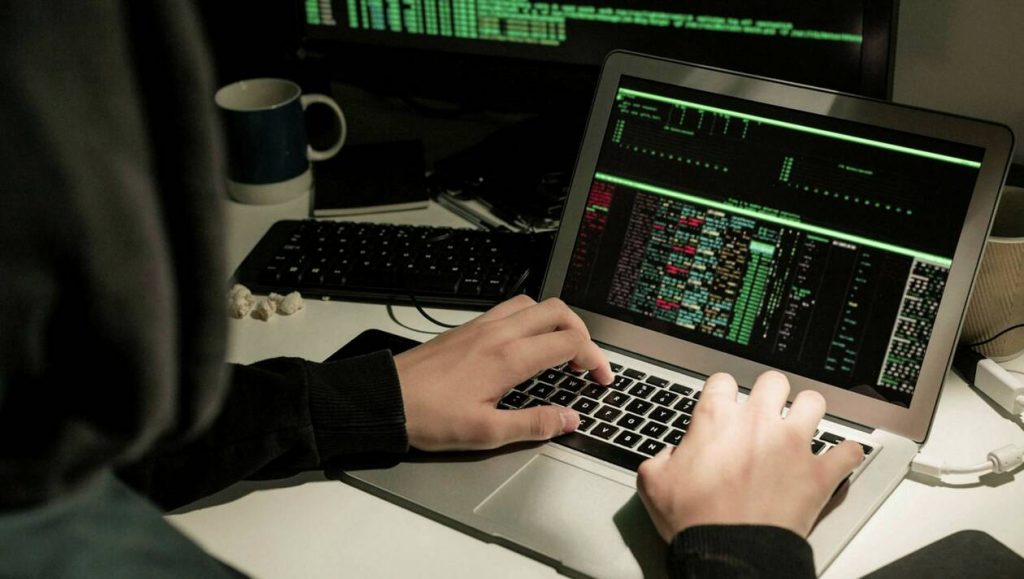
Ouest-France would be the victim of a ransomware
Last week, the editorial staff of Ouest-France was reportedly the victim of a computer attack.
The attack forced the log computer scientists to stop the regular operation of the computer system and relaunch it later. A process that clearly reminds us of a ransomware attack. According to the feedback we have received from this situation, the attack followed by the editorial staff would have been large-scale.
This article will also interest you: Capcom victim of a computer attack
When asked about the issue, the editor-in-chief of the members of the Executive Board of Ouest-France, François-Xavier Lefranc, meant that a "malicious cyber act was detected during the printing of the newspaper on the three sites of Nantes, Rennes, and Angers on the night of friday to last Saturday" between 20 and 21 November. "The editions could be printed in full, but we had to shut down the entire computer system as a precaution."
Prepared for this kind of computer incident, my editor immediately launched its alert procedure to respond immediately to the incident "We do not know the extent of the attack, nor the consequences, we closed everything".
Several of the group's titles had to be impacted by the cyberattack, including the "Western Courier" and "Ocean Press." »
Last Sunday, only one joint edition was published to cover all these presses as a whole, in the city of Rennes. If the rotaries, from the city of Nantes will be restarted the night after the computer attack, it was not until Monday that it was in the city of Angers.
As far as the computer attack is concerned in its context, the newspaper does its best to remain as discreet as possible. He has expressed his willingness not to communicate at this time. "This is confidential information, we have filed a complaint of course, and state cyber defence services, such as the National Information Systems Security Authority (ANSSI), are notified," the editorial board notes.
"Since Saturday morning, the IT teams of the newspaper and specialized companies have been working hard to get things right. You have to work computer after computer" adds the latter.
So what makes you think the attack was ransomware. In some respects, cybersecurity experts in particular Régis Le Guennec notes: "A state attack is generally aimed at destroying the system from within. Ransomware, or ransomware, infects the system in depth to lock the most important files. In exchange for payment of the ransom, the files are unlocked. ». This procedure is not recommended by the National Agency for Security of Information Systems, the French cybersecurity police.
On the side of the authorities, the first action and seek to identify cyber criminals.

If the company refuses to give in to the blackmail of cyber criminals, then it must reinstall its entire system step by step, if of course the backups have not been infected with cyberattacks. "It's a long and tedious job. San Francisco's public transportation has even replaced all their computers to make sure they don't keep the ransomware somewhere. And the shipowner Maersk spent $300 million to refuse the ransom."
The real question then in the face of this computer attack is what could explain the act of cyber malice?What is the purpose of hackers?
"We are in sight, the first digital newspaper last summer…, and then Paris Normandie was the subject of a similar attack last week. One thing is certain, they are not amateurs, but computer scientists of the highest level. says François-Xavier Lefranc.
The computer attack means such that West-France newspaper is a high-paying editorial. Assumption that is very plausible under the circumstances.
"If we find ransomware "for rent" on the web, used by small, disengaged dealers who attack individuals, international criminal organizations, cyber mafias, are at work of course. And the notoriety of large companies makes them prime targets. ».
"These are cyber-mafia organizations that want to make money, and have an interest in the "ransomed" paying, and as much as doing bitcoin, to quickly regain the use of its computers."
At the moment the editorial staff through its editor is reassuring. It promises a return to normalcy as soon as possible.
Now access an unlimited number of passwords:
